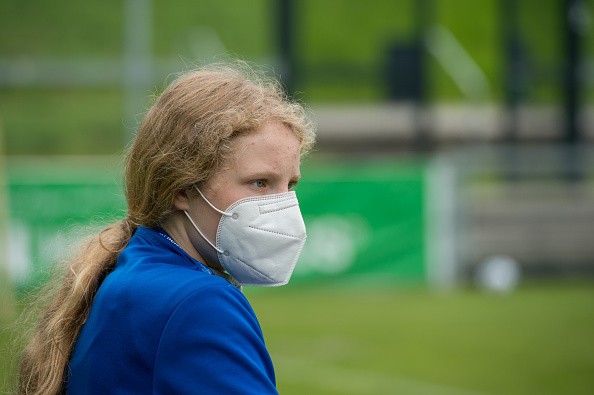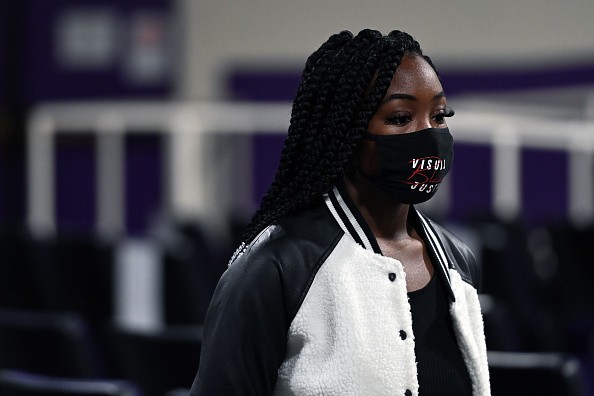While men over 50-year-old are prone to suffer the most acute symptoms of coronavirus, women who get long Covid surpasses men by as much as four to one.

First Reports of Long Covid-19
As the initial reports of long Covid started to filter through the medical community in June 2020, doctors making efforts to grapple with this mysterious malaise started noticing an unusual trend.
While severe cases of Covid-19 - especially those hospitalised with the disease - had the tendency to be mostly male and over 50, sufferers of long Covid were, by contrast, both relatively young and mostly female.
Early long Covid reports at a Paris hospital between May and July 2020 proposed that the average age was about 40, and women troubled by the longer-term effects of Covid-19 surpassed men by four to one. A similar gender skew over the past 12 months, has become evident all over the world.
From long Covid patients observed by hospitals in Russia and Bangladesh to the Covid Symptom Tracker app, from the UK-wide Phosp-Covid study evaluating the longer-term impact of Covid-19, to the medical notes of specialist post-Covid care clinics across both the UK and the US, a photo has regularly emerged of young to middle-aged women being disproportionately susceptible.
Female Long Covid-19
Dr. Sarah Jolley - a doctor who runs the UCHealth post-Covid care clinic in Aurora, Colorado, revealed to the Observer that around 60% of her patients have been women.
In Sweden, Dr. Petter Brodin, Karolinska Institute researcher who leads the long Covid arm of the Covid Human Genetic Effort global consortium, has a suspicion that the general proportion of female long Covid patients may be even higher, possibly 70-80%.
Dr. Melissa Heightman, who runs the UCLH post-Covid care clinic in north London says, "This pattern has been noticed in other post-infectious syndromes, about 66% of our patients have been women. Most of them were in full-time jobs, have young children, and now over a quarter of them are totally unable to work because they're so unwell. It's a bit of a catastrophe economically."

ME/CFS
As Dr. Heightman points out, this is an old trend when it comes to infectious diseases, rather one which has been abandoned historically.
Women are known to be up to four times more probable to get myalgic encephalomyelitis, or chronic fatigue syndrome (ME/CFS), a condition believed to have infectious beginning in the majority of cases, while studies have also revealed that there is a great possibility of patients with chronic Lyme disease being female.
But in spite of this, there have been hardly any attempts to investigate why this is the case. Rather, because these conditions mostly affect women, they have more frequently been dismissed as being psychological in origin. Both chronic Lyme disease and ME/CFS have been ridiculed over the years, by the medical community sectors as forms of hypochondria.
Related Article : Capillary Leak Syndrome, Blood Clots Linked to Life-Threatening Side Effects of AstraZeneca Vaccine
For more news, updates about COVID-19 and similar topics don't forget to follow Nature World News!
© 2026 NatureWorldNews.com All rights reserved. Do not reproduce without permission.





